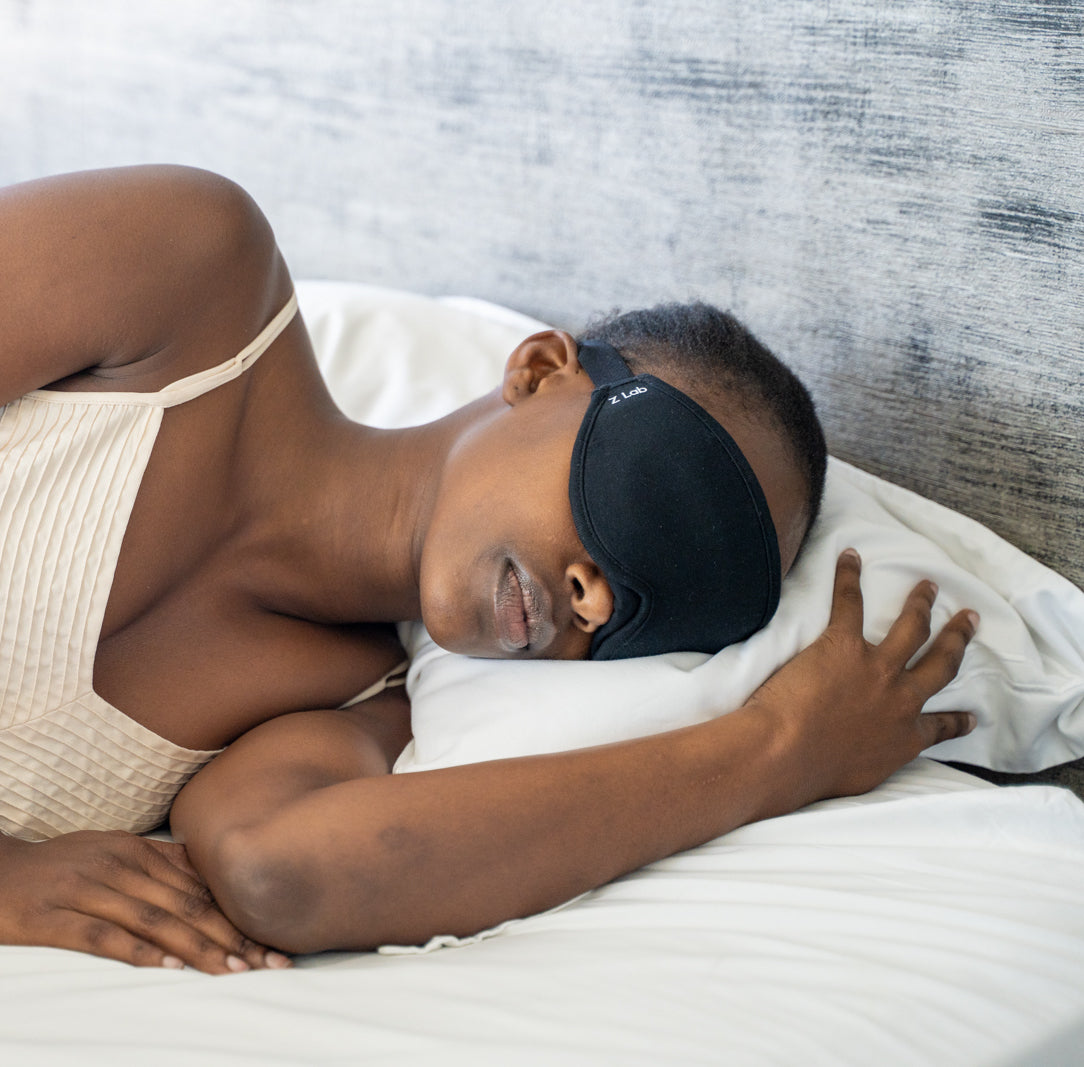
New Study Shows Sleep Masks Improve Memory and Alertness
A recent study has found that wearing a sleep mask at night can lead to better cognitive function the following day. The study, published in the journal Sleep, involved two experiments and found that participants who used sleep masks had enhanced episodic memory encoding and alertness.
The Impact of Light on Sleep
Our sleep-wake cycle, or circadian rhythm, is regulated by the earth's cycle of light and dark. Too much light in the environment can impact our sleep quality, leading to a lack of alertness during daily activities. Ambient sources of light, such as streetlights and electronics, can also affect our sleep.
The Study
The study consisted of two experiments exploring the cognitive impact of wearing sleep masks. The first experiment involved 89 participants between the ages of 18 and 35. They spent a week wearing sleep masks before going without and asked to perform lab tests such as word-paring.
The second experiment included 33 participants spent two nights sleeping with an eye mask and two nights without. Participants slept with a digital light meter placed on their pillows while wearing an EEG headband to examine their sleep stages.
Overall the study found that wearing a sleep mask led to better learning performance and faster reaction times, improving episodic memory encoding, alertness and sustained attention.
The Implications of the Study
The study's findings suggest that the use of sleep masks can be an effective and inexpensive solution to improving cognitive performance. This improvement has real-world implications for tasks that require rapid responses, such as driving or learning. Therefore, it is essential to ensure that our sleep environment is conducive to good sleep quality, and sleep masks are a simple solution.
The study, “Wearing an Eye Mask During Overnight Sleep Improves Episodic Learning and Alertness”, was authored by Viviana Greco, Damiana Bergamo, Paola Cuoccio, Karen R. Konkoly, Kike Muñoz Lombardo, and Penelope A. Lewis.

